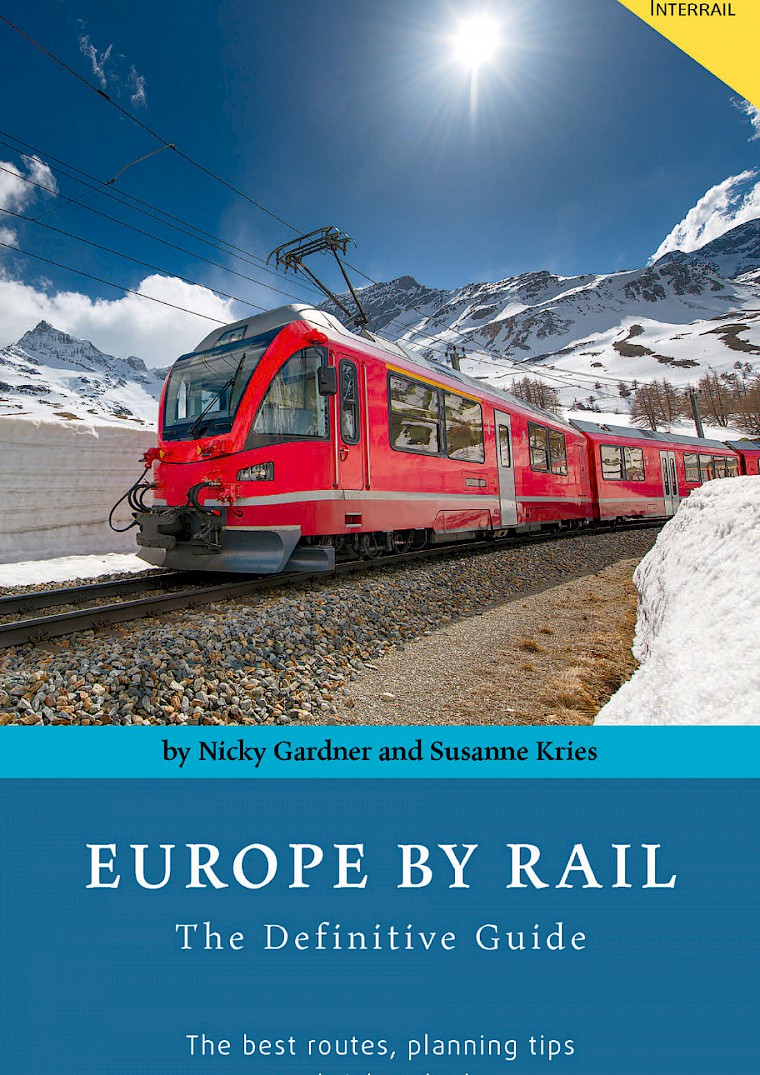Dear fellow travellers
We have a little news from Liechtenstein, the diminutive Alpine principality that we have been exploring these past days. It is a not a territory much associated with radical feminism, yet Liechtenstein women have their own tale to tell.
Names like Ethel Smyth, Louise Weiss and Marie Stritt are inscribed on the European soul. All three were activists who struggled to secure the right to vote for their female compatriots (in the United Kingdom, France and Germany respectively). All three have long since died, so today's generation of young women have no chance to meet face-to-face with these pioneer activists. Things are different in Liechtenstein, where women did not secure the right to vote until 1984.
One of the events surrounding the twenty-fifth anniversary of women's suffrage takes place this evening in the capital Vaduz, when young Liechtenstein women have the chance to meet some of the activists who during the seventies and early eighties struggled for women's rights in their small country.
Women like Melitta Marxer did so much for women's rights in Liechtenstein. Melitta was born in 1923, married in 1948 and had three daughters. As her daughters grew up, she became ever more aware of the oppressed state of Liechtenstein women. "We were four women and one man in my family. Whenever there was an election, it was always only my husband who could go and vote - and we women had to stay at home."
A women's activist group, the Dornröschen (literally 'thorny roses', but it puns on the German name of the fairy tale known in English as 'The Sleeping Beauty') took matters in hand. Melitta Marxer and sister-activists argued their case at home, and when the Vaduz government refused to listen, the Dornröschen travelled across Europe to highlight the plight of women in Liechtenstein. One port of call in 1983 was the Council of Europe in Strasbourg. Melitta recalls: "What were we supposed to do? Just sit quietly in the hope that our political rights would be recognised? Had we merely done that, we would not have the right to vote today."
The Prince of Liechtenstein and the national government were appalled that the Dornröschen were bringing Liechtenstein, as they saw it, into disrepute. But the women's tactics paid off. In 1984, women in Liechtenstein secured full voting rights, making the principality the very last country in Europe to introduce, at a national level, the principle of women's suffrage. This evening's inter-generational encounter in Vaduz gives young Liechtenstein women, who now take the right to vote for granted, the chance to meet members of the original Dornröschen group. An exhibition marking a quarter century of women's suffrage in Liechtenstein is being hosted in the foyer of the national parliament (Landtag) in Vaduz. It runs until 4 July 2009.
hidden europe 27
The next issue of our magazine will be published shortly. Subscriber copies will be mailed later this week. You can see the full table of contents online. Among other gems you will find articles on Vienna, the Ligurian Riviera, Switzerland, Georgia and the Kola region of Russia.
Nicky Gardner & Susanne Kries
(editors hidden europe magazine)



